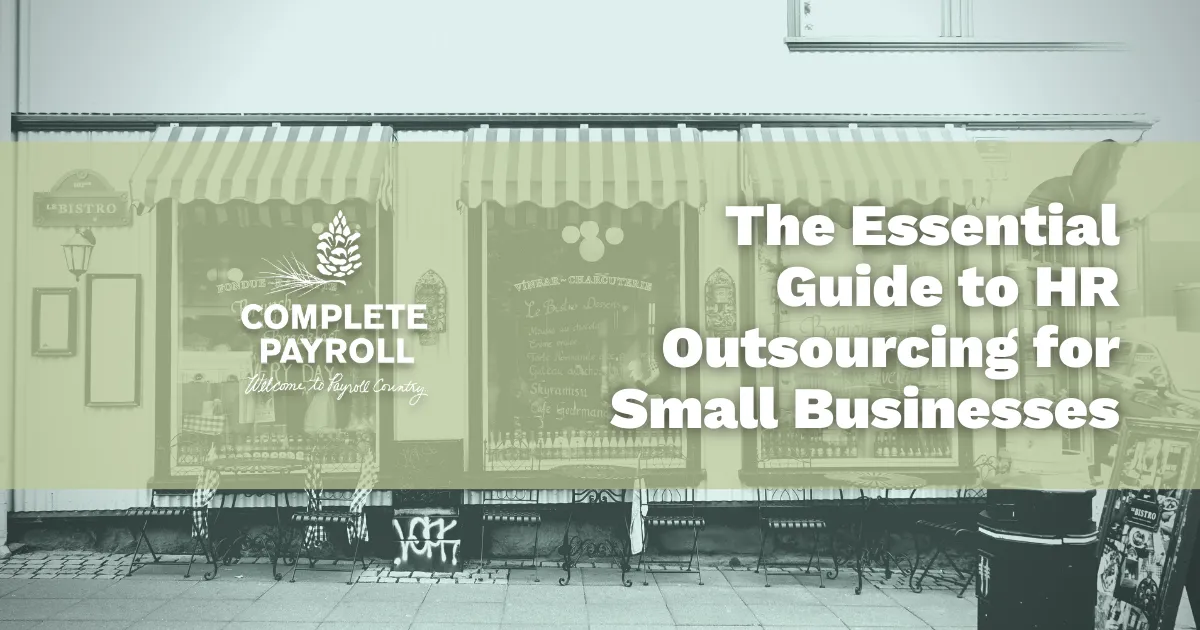Keeping records on file is just one of the many things payroll departments need to make sure they are in compliance with. This is because various government agencies require businesses to hang onto payroll records for a specific period of time.
Payroll records are documents that are in any way related to employee compensation including name and address, hours worked, and payroll taxes and deductions. The good news is that modern technology has eliminated the physical space that these documents once took up. However, even electronic records need to be saved and kept for specific amounts of time.
This article will guide you through the process of what payroll records you need to keep and for how long you’re required to keep them.
What Payroll Records Should Be Kept?
Government agencies that require records to be kept often have specific requirements of what information these records should contain. To get more bang for your buck, see what requirements overlap among these different agencies and make sure your records contain enough information that they can satisfy requirements for multiple agencies.
The payroll records you should keep for various lengths of time include:
New Hire Documents
These documents are typically created upon hiring an employee. These documents include information such as their address, job title, pay rate, and gender. This data is required to be compiled by the Department of Labor.
I-9 Form
The I-9 form verifies the employee’s eligibility to work in the United States. This form also contains required information such as the employee’s name and social security number.
Pay Stubs
Pay stubs will provide required information such as the date of the pay period, the employee’s pay rate, and any deductions that may have been made from the employee’s paycheck. Pay stubs should also provide information such as regular hours worked and any overtime that may have been accumulated.
Timesheets
Timesheets should record the hours worked by the employee including regular and overtime hours. This information can be kept electronically or on paper depending on your company’s policy.
Job Evaluations
When evaluated for your job, salary reviews usually take place as well. The Employment Opportunity Commission required that this documentation include the rationale for any pay increases the employee receives.
Leave Documentation
If the employee takes any kind of personal or medical leave, documentation is required that provides the leave dates and the amount of the leave that was paid. This is a requirement according to the Family Medical Leave Act.
Termination Documentation
If employment is terminated, you need to have documents that show the date that was last worked and any final payments that were made including unused paid time off or severance pay.
These are the typical documents that make up an employee file for payroll. Depending on the government agency, these payroll records need to be kept as discussed below. While not an exhaustive list, just follow the rule of thumb that any documents that include the employee’s name, address, and social security number should be kept along with timesheets, pay stubs and pay registers that are created when processing payroll.
How Long Do We Need to Keep Payroll Records?
The amount of time you need to be able to access payroll records, whether paper documents or electronic, depends on which government agency needs them.
Guidelines for how long to keep records are:
Department of Labor
Through the Fair Labor Standards Act, the Department of Labor (DOL) requires companies to retain records for three years. While it doesn’t specify what documents be retained, you should keep any records that contain information such as:
- Employee name, social security number, and gender
- Residential address with zip code
- Job title or function
- Pay type
- Hours worked and rate of pay
- Total net earnings
- Earnings by type
- Date of payment and pay period
Internal Revenue Service
The IRS requires that any employee tax documents be kept for four years. This includes any W-4 forms, payroll tax payments, and returned W-2s. It is also recommended that you keep any paper pay stubs for four years as well.
Equal Employment Opportunity Commission
Payroll records need to be kept for the EEOC for one to three years. Information that should be kept includes any documentation with pay scales, merit increases, and rationale for pay rate changes. This is to ensure that the company is not discriminating against certain employees.
Looking for more information on how to stay compliant in your payroll department? Look no further than Complete Payroll’s blog. We have up-to-date articles that will guide you through all the legal hoops that need to be jumped through in order to stay within compliance. Visit us today!
















.webp?width=1652&height=1110&name=Complete%20Payroll%20Blog%20Photo-Aug-05-2022-08-38-37-58-AM_11zon%20(1).webp)



